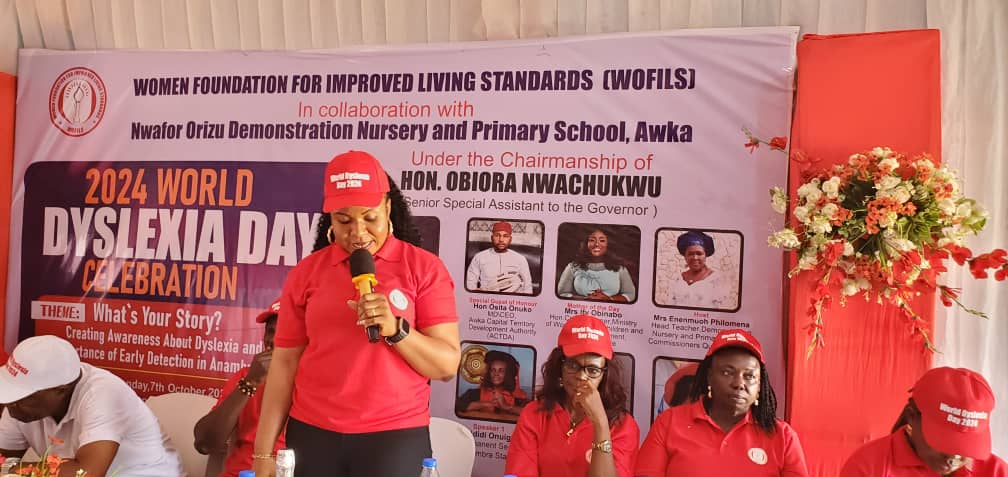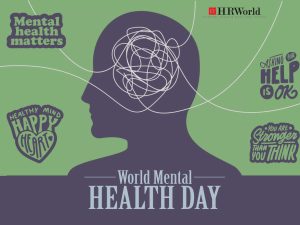
DYSLEXIA DAY: EDUCATIONIST CALLS FOR EARLY DETECTION
REPORTER: UCHE NDEKE
Early identification and intervention have been identified as crucial for overcoming reading disorder known as Dyslexia.
They are also important for preventing secondary disorders such as anxiety and depression.
An educationist, Professor Ifeoma Udeoye, stated this while speaking at an event to mark World Dyslexia Day 2024 in Awka, Anambra State.
The World Dyslezia Day marked on the 8th of October every year, is a global event to create awareness on the disorder.
According to Professor Udeoye, the early signs of dyslexia vary from one person to another and without early, intensive and effective intervention, the difficulties associated with dyslexia often persist even into adulthood.
She said with early intervention, many children at risk of dyslexia could become skilled readers as research has shown that up to 70% of children at risk who receive educational intervention in kindergarten or first grade become proficient readers.
Professor Udeoye noted that many interventions focus on phonological processing structured reading schemes that involve repetition, and the measured introduction of new words.
Contributing, a renowned educationist, Dr. Ndidu Onuigbo, described Dyslexia as a learning disorder affecting approximately 20% of Nigeria’s population and hinders individuals from learning words, reading, writing, or understanding others due to phonological deficits.
Dr. Onuigbo highlighted the importance of understanding dyslexia’s causes, signs, and symptoms to develop effective interventions even as she explained that “dyslexia results from the brain’s inability to translate images into understandable language, not from vision or hearing problems, mental retardation, or lack of intelligence.”
She explained that the Dyslexia Day “aims to educate teachers, parents, and curriculum planners about dyslexia, with a view to enabling them to provide supportive environments and evidence-based interventions.”
Another respondent, Mazi Obinna Ezenwanne, said Dyslexia is highly genetic and runs in families as a child whose one of his/her parent with dyslexia has a 30% to 50% chance of inheriting it.
According to Mr. Ezenwanne, if anyone has dyslexia, they are neurodivergent, which means the brain works differently while research shows that people with dyslexia have differences in brain structure, function and chemistry.
EDITED BY CHUKWUBUIKE MADU

